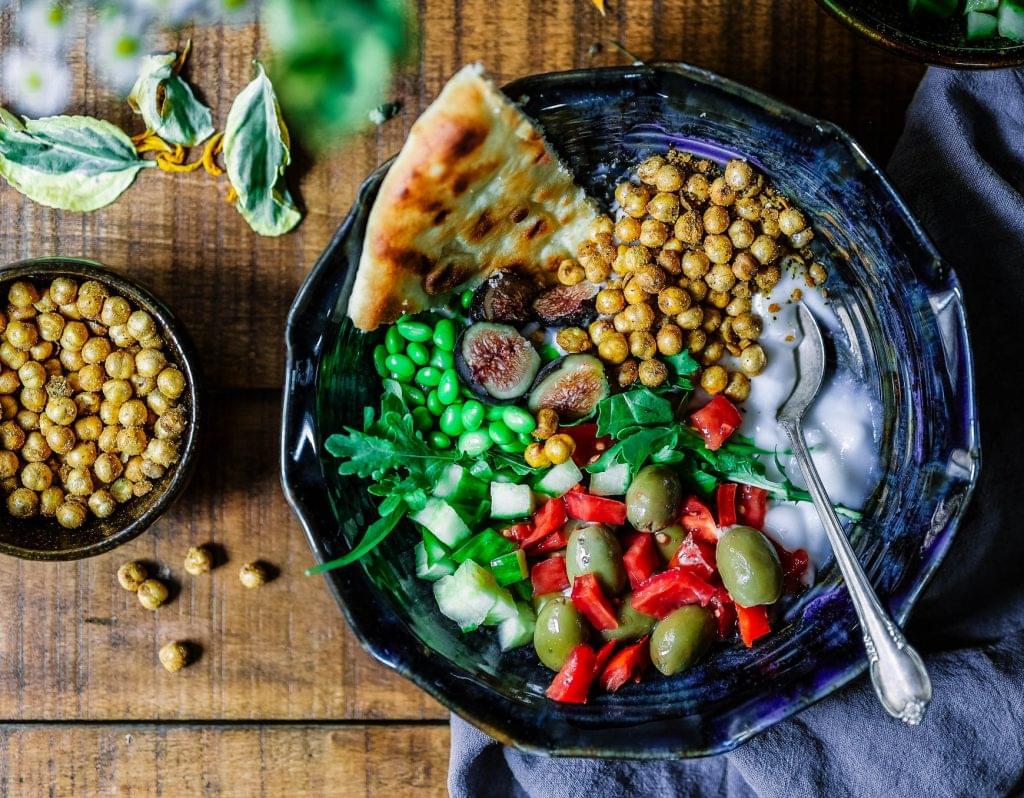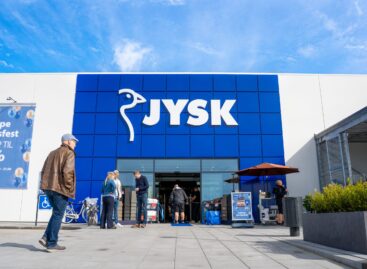Conducted by the University of Bristol, of 1,399 adults shown mock up menus featuring beef, chicken and vegetarian burritos, 5% more participants chose the meat-free option when eco-labels were added.
The research included three menus, all of which revealed product information such as price, the calorie count, a Fairtrade logo and a spice indicator for each food item.
However, one also featured the words ‘most popular’ next to the vegetarian burrito and another included a traffic light system which rated the eco-friendliness of each option, with the meat-free dish scoring the best.
As a result, one third of those with the menu featuring no social nudges or eco-labels chose the beef option, although, for those selecting from the eco-label menu, this figure dropped to 16%.
For those choosing the vegetarian burrito, the likelihood increased with the social nudge and even more so with the eco-label menu.
University of Bristol research associate in psychological science and lead author, Katie De-loyde said the label was most effective among participants who claimed they were already motivated to act sustainably.
She said: “Adding a traffic light eco-label to menus increased the selection of more sustainable food items. Participants were positive about the eco-label, with a huge 90% of participants supporting the idea.
“Pending replication in real-world settings, our results suggest future policy could include mandatory eco-labelling, just like the health traffic light system, on food products as a way to promote more sustainable diets.”
Co-author Dr Olivia Maynard added: “In 2020, the UK’s Committee on Climate Change advocated that beef consumption must be considerably reduced if the UK is to reach its net-zero greenhouse-gas emission target by 2050.
“Although further research on eco-labelling is essential, future policy may wish to consider a mandatory eco-label to help meet global climate change targets.”









